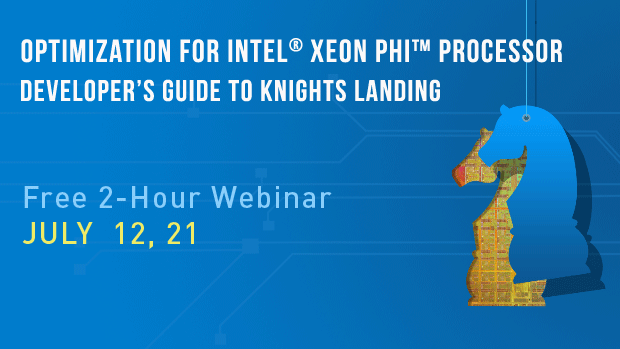Get Ready for Intel’s Knights Landing (KNL) – 3 papers
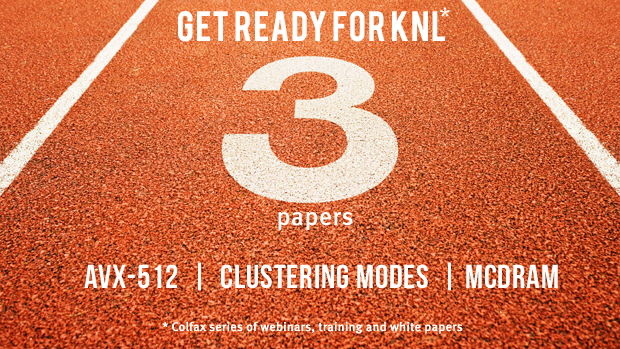
2nd generation Intel Xeon Phi processors code-named Knights Landing (KNL) are expected to provide up to 3X higher performance than the 1st generation. With on-board high-bandwidth memory and optional integrated high-speed fabric—plus the availability of socket form-factor — these powerful components will transform the fundamental building block of technical computing.
Download three essential publications on new features in Knights Landing Processors:
Automatic Vectorization with Intel AVX-512 Instructions in KNL
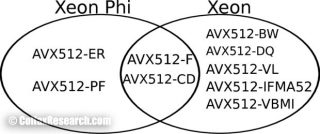 In this document, we focus on the new vector instruction set introduced in Knights Landing processors, Intel® Advanced Vector Extensions 512 (Intel® AVX-512). The discussion includes:
In this document, we focus on the new vector instruction set introduced in Knights Landing processors, Intel® Advanced Vector Extensions 512 (Intel® AVX-512). The discussion includes:
- Introduction to vector instructions in general,
- The structure and specifics of AVX-512, and
- Practical usage tips: checking if a processor has support for various features, compilation process and compiler arguments, pros and cons of explicit and automatic vectorization, using the Intel® C++ Compiler and the GNU Compiler Collection.
Clustering Modes in Knights Landing Processors
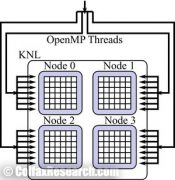 We start a discussion of what types of applications benefit from the clustering modes and why clustering modes help these applications. After that we cover the specifics of the available cluster modes: all-to-all, quadrant, hemisphere, SNC-4 and SNC-2. Finally, we discuss how to make the application NUMA-aware for use in SNC modes. In this context, we give recipes for nested OpenMP and hybrid MPI+OpenMP approaches combined with first-touch allocation policy, numactl tool and memkind library.
We start a discussion of what types of applications benefit from the clustering modes and why clustering modes help these applications. After that we cover the specifics of the available cluster modes: all-to-all, quadrant, hemisphere, SNC-4 and SNC-2. Finally, we discuss how to make the application NUMA-aware for use in SNC modes. In this context, we give recipes for nested OpenMP and hybrid MPI+OpenMP approaches combined with first-touch allocation policy, numactl tool and memkind library.
MCDRAM as High-Bandwidth Memory (HBM) in KNL Processors
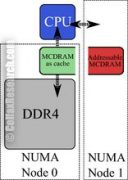 In this document we discuss the on-package high-bandwidth memory (HBM) based on the multi-channel dynamic random access memory (MCDRAM) technology:
In this document we discuss the on-package high-bandwidth memory (HBM) based on the multi-channel dynamic random access memory (MCDRAM) technology:
- Three configuration modes of HBM: Flat mode, Cache mode and Hybrid mode
- Utilization of the HBM as addressable memory using two methods: by setting affinity policy with the numactl tool and through the usage of special allocators in the memkind library
- Guidelines for determining the optimal usage model for applications running on bootable Knights Landing.
Webinar
If you are interested in the above publication, you may also find this useful. Register for one of the upcoming 2-hour introductory webinars or download slide deck (FREE).
Learn Even More
Want to know what it really takes to optimize your application for KNL? Register for a free 10-day HOW Series workshop. You will get remote access to a 1st generation Intel Xeon Phi coprocessor and all the exercises and support channels you need for world-class developer education.
